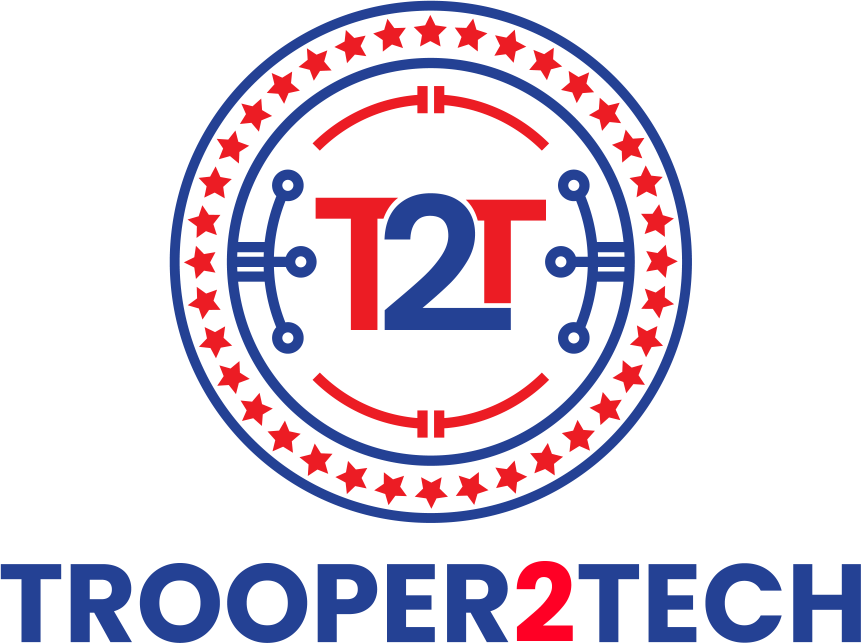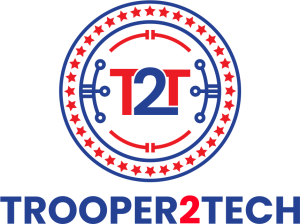Having the right strategies and values is essential, but effectively translating those strategies and values across an organization to ensure alignment is equally important. This is where business analysis and project management come into play.
Business Analysis involves understanding business needs, identifying roadblocks, defining requirements, and setting objectives. It focuses on communicating these insights into actionable steps while acting as the bridge between technical teams and business leadership.
Project Management encompasses the tools, techniques, and procedures that organizations use to manage the complexities of service delivery and product development.
These two competencies are crucial for success, as they ensure that teams understand the reasons behind their tasks (the “why”) just as much as they focus on the execution (the “how”).

Our Project Management & Business Analysis Consultants include some of the industry’s top:
Business Systems Analysts, Business Analysts, Business Architects
Project Managers, Project Coordinators, Program Managers
Top Project Management Services by Trooper2Tech
Project Assessment
- Analyzing Project Goals: Defining objectives, timeframes, targeted budget, workflows, and communication strategies.
- Conducting a Feasibility Study: Evaluating the project’s viability and potential for success.
- Estimating Resource Demands and Availability: Assessing the resources required and their availability.
- Interviewing Project Participants: Gathering insights and feedback from stakeholders and team members.
- Assessing Project Risks: Identifying potential risks and developing risk mitigation plans.
Project Planning Services
- Project Roadmapping:
- Breaking down the project into distinct work phases, tasks, and deliverables.
- Establishing a clear, detailed roadmap to guide the project from start to finish.
- High-Level Solution Architecture and Functional Scope Planning:
- Defining the overall architecture and functionality required to meet project goals.
- Ensuring all technical and functional aspects are thoroughly planned and documented.
- Implementation Scheduling:
- Creating a detailed sequence of project implementation steps.
- Prioritizing tasks to ensure efficient and logical progression.
- Time and Cost Estimation:
- Accurately estimating the time required for each phase and task.
- Calculating overall project costs to ensure budget alignment.
- Selecting a Project Management Methodology:
- Choosing the most appropriate project management methodology (e.g., Scrum, Kanban) based on project needs and organizational preferences.
- Implementing the chosen methodology to guide project execution and management.
Project Resource Management Services
- Project Staffing Plan:
- Developing a comprehensive plan for staffing the project with the necessary personnel.
- Identifying the required roles and responsibilities for each phase of the project.
- Resource Allocation:
- Assigning resources to project tasks based on individual skillsets.
- Planning for multi-project resource allocation when required to ensure efficient use of personnel across various projects.
- Micro-Team Formation:
- Creating specialized micro-teams focused on achieving specific project milestones.
- Ensuring each team has the right mix of skills and expertise to meet their goals.
- Communication Process Scheme:
- Designing an optimal communication process to ensure clear and efficient information flow.
- Establishing protocols for regular updates, feedback, and collaboration among team members and stakeholders.

